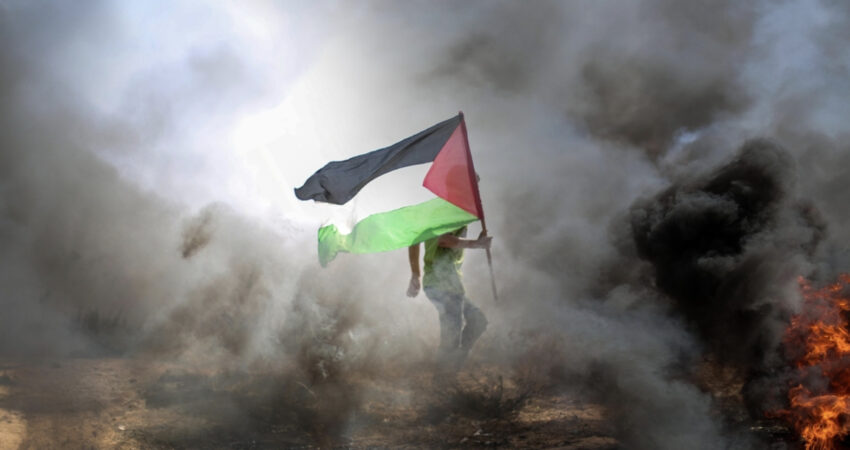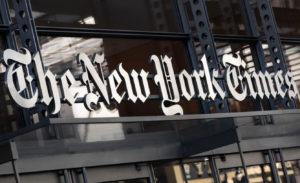The claims raised by HonestReporting regarding the involvement of photojournalists from major news outlets in the October 7 attack near the Israeli border with Hamas are indeed alarming. The question of whether these reporters had advance knowledge of the attack or were somehow coordinated with the terrorists raises serious ethical concerns. HonestReporting has pointed out that the presence of these journalists at the scene without prior coordination seems unlikely, fueling speculation about their potential involvement or awareness of the planned terrorist act.
In the context of journalistic ethics, the scenario is not a typical case of war reporting but involves a terror attack on civilians. The actions of these photojournalists, especially their potential knowledge or collaboration with terrorists, challenge the principles of responsible journalism. Traditionally, journalists are expected to prioritize humanity over reporting when witnessing perilous situations. However, in this case, the circumstances raise questions about whether these reporters adhered to such ethical standards.
Responses from news outlets like the AP, Reuters, CNN, and The New York Times vary. While the AP has severed ties with one of the freelancers involved and denies advance knowledge of the attack, other outlets have defended their reporters. Reuters labeled HonestReporting’s claims as “irresponsible” but maintained its association with the freelancers. CNN, on the other hand, ended its relationship with one of the reporters.
The controversy surrounding this incident emphasizes the need for news outlets to maintain transparency, ethical standards, and an unassailable track record. The public’s trust in media organizations is essential, and instances like these underscore the importance of holding journalists and news outlets accountable for their actions and the potential impact on public safety and perception.





